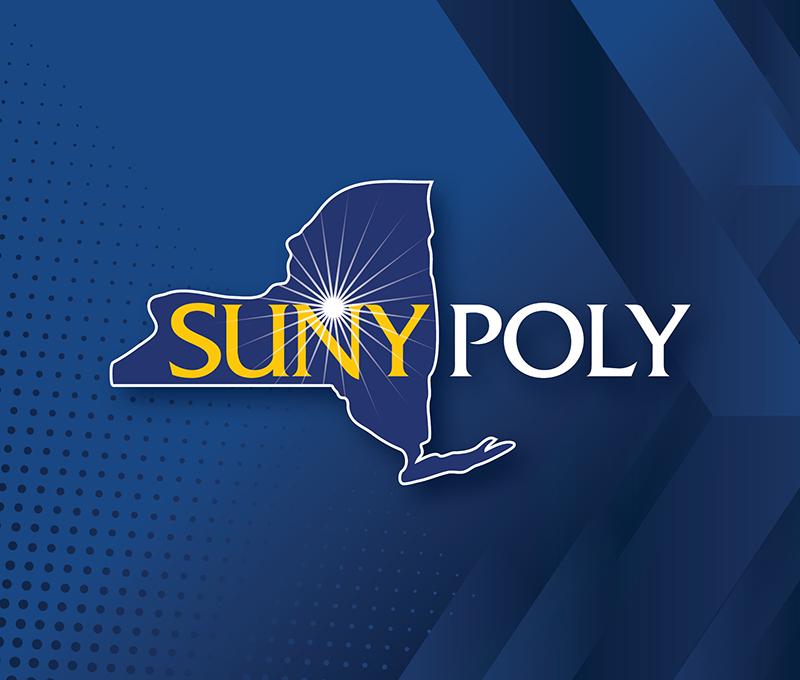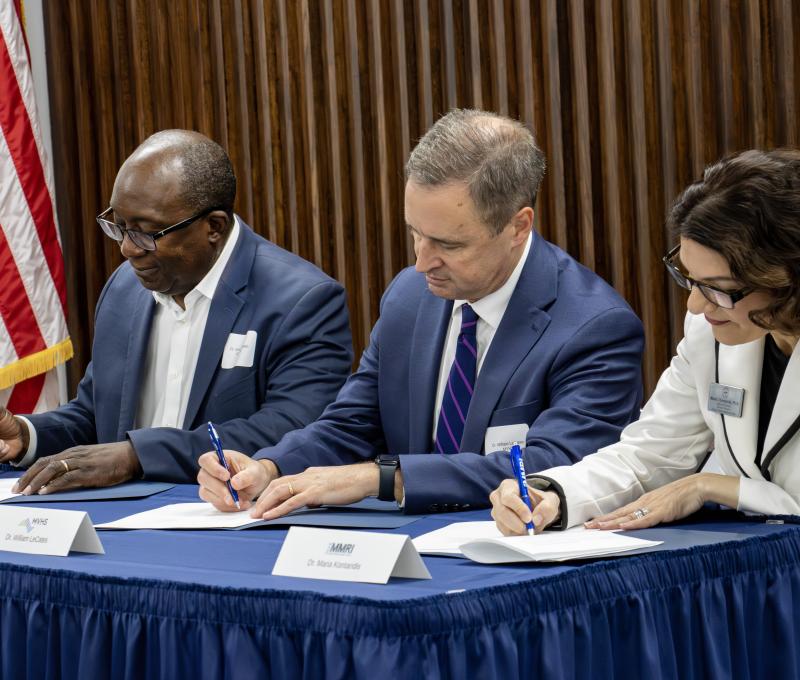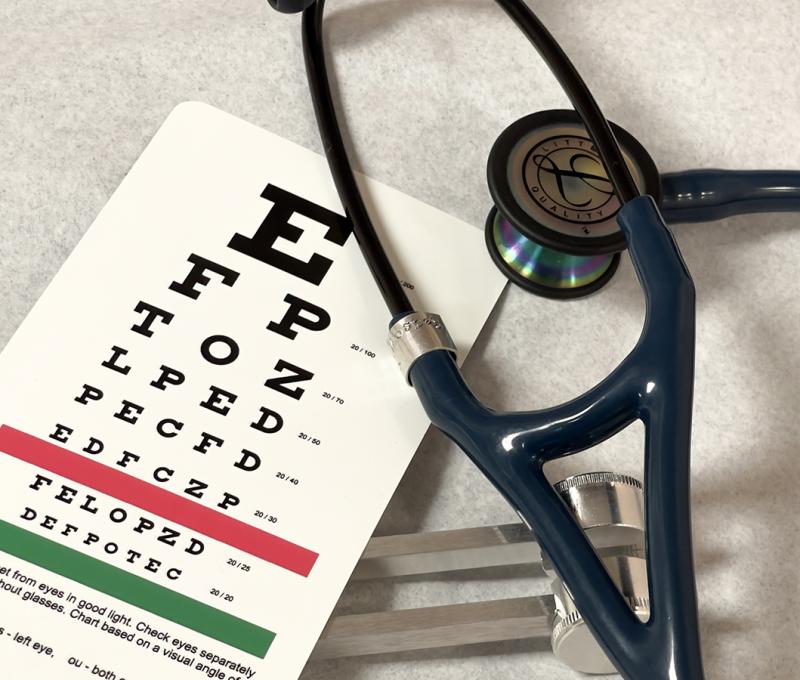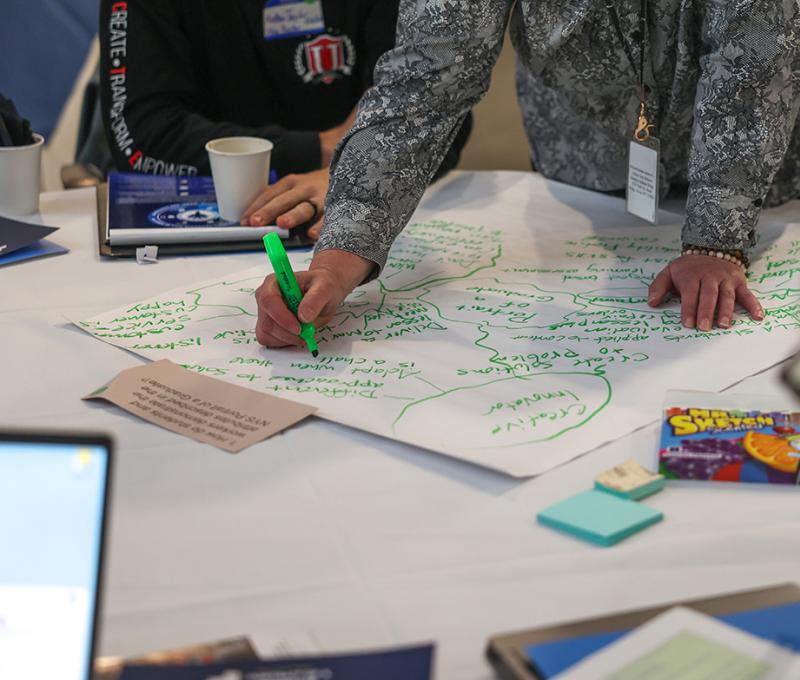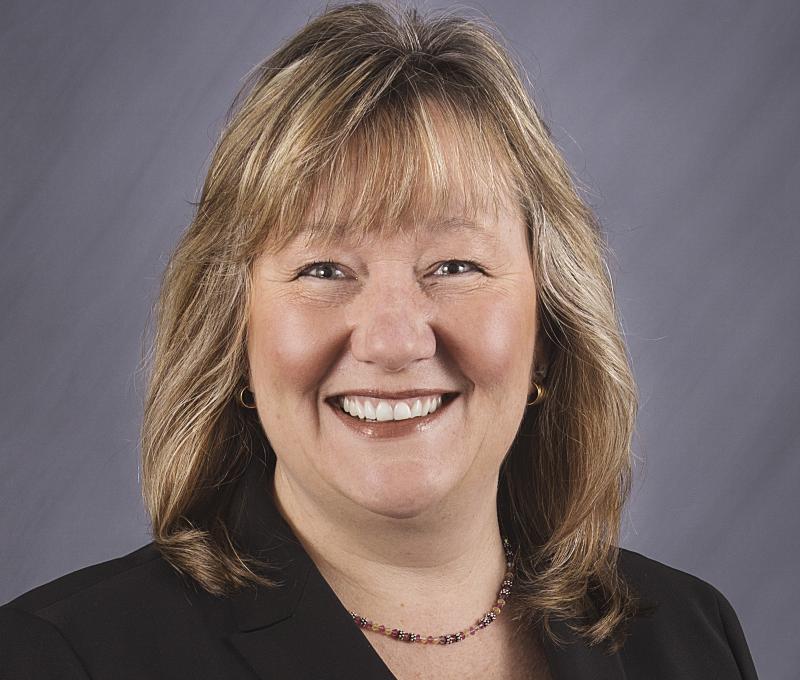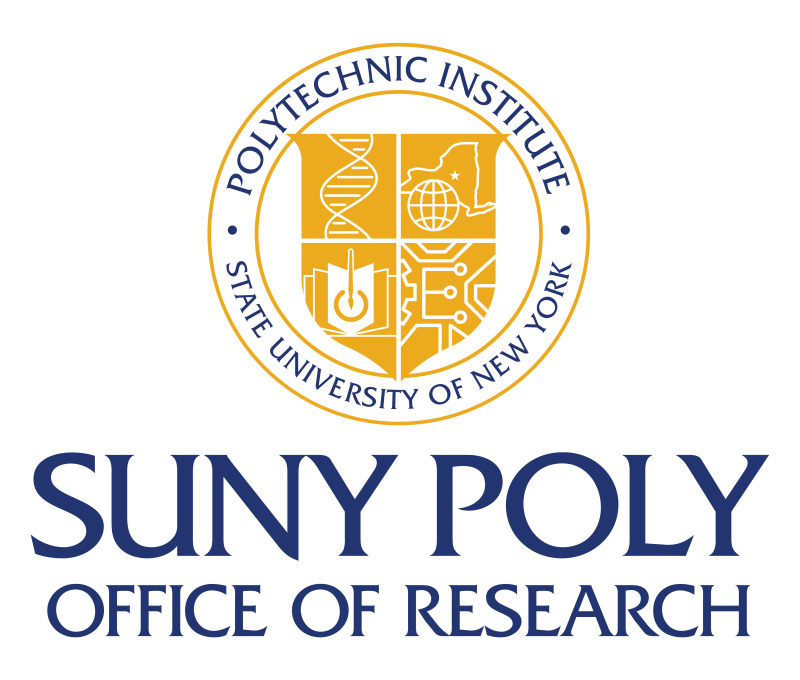SUNY Poly Professors Awarded Grant to Continue Mohawk River Contamination Research

For Release: Immediate – July 2, 2019
Contact: Timothy W. Scee II, Public Affairs Specialist
(315) 792-7307 | sceet@sunypoly.edu
SUNY Poly Professors Awarded Grant to Continue Mohawk River
Contamination Research
UTICA, NY –Two professors at SUNY Polytechnic Institute (SUNY Poly) may be one step closer to finding the source of fecal contamination in areas of the Mohawk River after being awarded a grant funded by the New York State Water Resources Institute at Cornell University and the New York State Department of Environmental Conservation.
Dr. Carolyn Rodak, Assistant Professor of Civil Engineering and Dr. Lauren Endres, Assistant Professor of Biology, received a $20,000 “Validation and Application of qPCR-MST of Fecal Contamination in the Mohawk River Watershed” award under the Water Resources Research Grant Program after applying last fall. Dr. Rodak, who began sampling in the Mohawk River in summer 2016, partnered with Dr. Endres last year on the research proposal to identify microbial indicators in the Mohawk River.
The contamination is believed to be caused in part by the city of Utica’s combined sewer system, which merges domestic sewage, industrial wastewater, and storm water runoff through the same sets of pipes in some areas.
“When we have really large rain events, the system is designed to overflow into creeks and the Mohawk River if the system can’t handle the flow,” Dr. Rodak said. “Basically, what that means is there’s untreated sewage directly discharged to a water body.”
Through qPCR microbial source tracking throughout the rest of the summer, Dr. Rodak and Dr. Endres will be able to compare previously sampled water quality information with the source tracking data. “This will lead to a difference in the way we look at the risk contamination poses,” said Dr. Rodak. “If it is a human source, we’re particularly concerned because that means there is a higher chance of pathogens and viruses present.”
Researchers will compare the results sampled against those from Rome’s separate sewage system as a sort of controlled experiment.
“Many local communities value this watershed, so I am delighted to be able to contribute to this multidisciplinary research effort,” Dr. Endres said. The Water Resources Research Grant will allow Drs. Rodak and Endres to continue their research throughout December 2020.
####################
About SUNY Polytechnic Institute (SUNY Poly)
SUNY Poly is New York’s globally recognized, high-tech educational ecosystem. SUNY Poly offers undergraduate and graduate degrees in the emerging disciplines of nanoscience and nanoengineering, as well as cutting-edge nanobioscience and nanoeconomics programs at its Albany campus, and undergraduate and graduate degrees in technology, including engineering, cybersecurity, computer science, and the engineering technologies; professional studies, including business, communication, and nursing; and arts and sciences, including natural sciences, mathematics, humanities, and social sciences at its Utica/Rome campus; thriving athletic, recreational, and cultural programs, events, and activities complement the campus experience. As the world’s most advanced, university-driven research enterprise, SUNY Poly boasts billions of dollars in high-tech investments and hundreds of corporate partners since its inception. For information visit www.sunypoly.edu.


